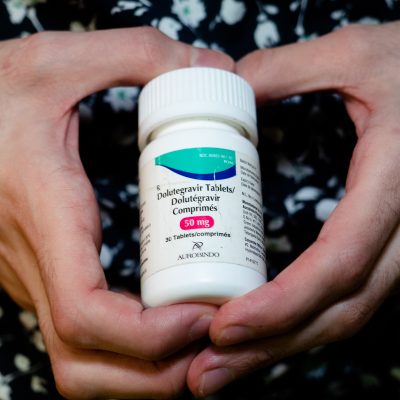
Governments should more routinely exercise their right to suspend patent protection.
Under the TRIPS agreement, patents are granted to reward innovation, but governments retain the right to suspend patent protection when needed.
A compulsory license (CL) is an authorization issued by governments, allowing the manufacture or import of generic versions of a patented medicine.
All countries, regardless of income classification, have a legitimate right to issue a CL. CLs are legal provisions in international trade rules and part of most national laws.
There is a common misperception, promoted by the pharmaceutical industry, that compulsory licensing is limited to emergencies. This is not the case. TRIPS does not limit the grounds on which states may grant CLs. States may use CLs to circumvent anti-competitive behavior and encourage the transfer of technology, or simply to address excessive pricing of medicines.
What we do
Across our partnership, we document the impact of patents on pricing and access.
When it is clear the impact of patents is detrimental to public health and access to essential medicines, we develop strategies to encourage and support governments to use their right to issue compulsory licences.
Governments have been deterred from using their full rights in the past, as it has been either implied or threatened that negative consequences would follow, such as damage to trade. However, a growing number of countries are standing up to the industry and high-income countries, thereby paving the way for more equitable access to essential medicines.
Read all 4. Compulsory Licenses news articles


